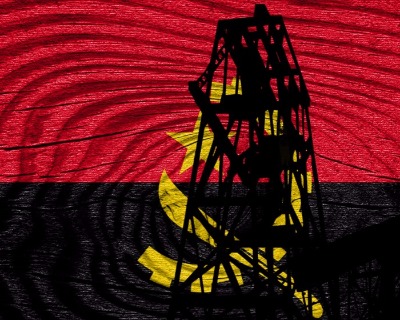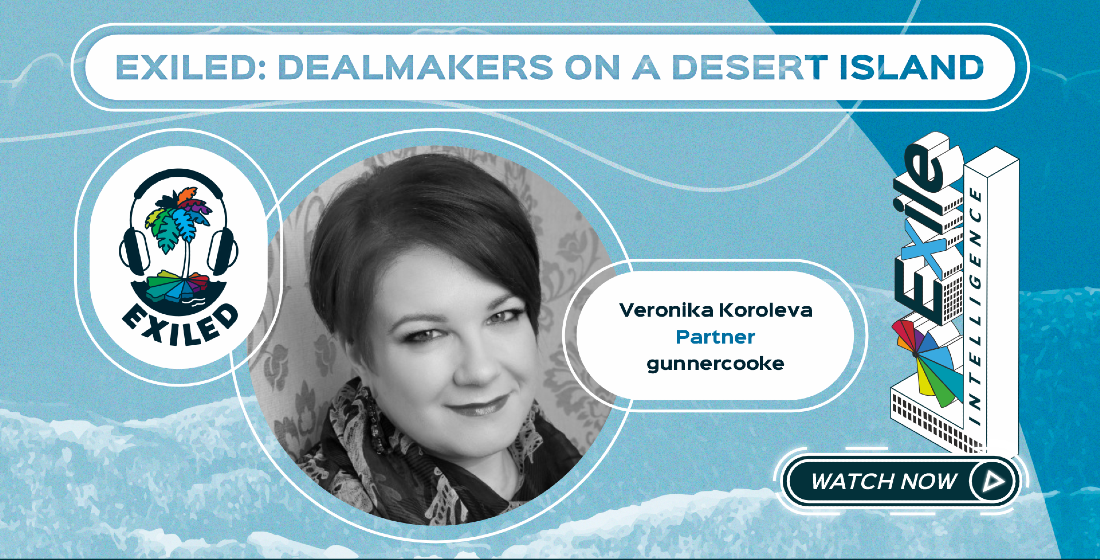Sorting Sonangol?
Despite a complete overhaul of management at Sonangol - most notably the removal of Isabel dos Santos as chairperson - the ongoing refinancing of the state-owned oil company faces new challenges from a recent massive increase in borrowing.

On 15 November 2017, President Joao Lourenço dismissed the entire board of state oil company Sonangol, including chairperson Isabel dos Santos. She had been appointed to this position in June 2016 by her father, then President Jose Eduardo dos Santos. However, her appointment by presidential decree was never updated when President dos Santos made significant changes to Sonangol’s statutes in September, leaving her tenure exposed to eventual changes by dos Santos’s successor.
Despite the change at the top, the ongoing refinancing of Sonangol faces new challenges from a recent massive increase in borrowing, although long-term financial stability is supported by new measures to improve transparency.
Sonangol debt
Between June 2016 and her dismissal, Isabel Dos Santos oversaw a reported $3 billion increase in borrowing from Chinese sources, including Industrial and Commercial Bank of China (ICBC), Export-Import Bank of China, and the China Development Bank. In fact, Sonangol has completely consumed its quota on borrowing from Chinese lenders, as all of the company’s oil loads are already committed to long-term buyers, such as China.
There is likely to be continued financial volatility at Sonangol as these debts come to light. This is also likely to impact the refinancing facility for Sonangol that has been in the market for a while. Angola’s output of 1.66 million barrels per day (bpd) will be at continued risk of volatility over the coming year based on Sonangol’s financial situation, although once Total’s 230,000 bpd Kaombo Field comes online in 2018 this should help Sonangol’s financial stability.
Also noteworthy is that the new head of Sonangol, Carlos Saturnino, was head of exploration and production at Sonangol Pesquisa & Produção (EP) from 2003 to 2012, and again from 2015 to 2016. During this time he made some very unprofitable decisions regarding expansion into areas such as Iraqi Kurdistan. Thus, it remains to be seen how capable Saturnino will be in terms of fixing the current financial problems at Sonangol.
Administration of the state oil company will be overseen by a new and empowered Ministry of Oil and Mines, which is headed by Diamantino Azevedo and the highly capable Paulino Fernando de Carvalho Jerónimo. Other key decision-makers at the state oil company could include former executives such as Gaspar Martins and Ruben Monteiro da Costa.
President Lourenço will press ahead with his oil sector reform plans, which include empowering a supervisory agency for the petroleum sector and making changes to both the governance structure of Sonangol and the way concessions are managed by the state oil company.
Isabel dos Santos had already overseen the company refocus on its core oil business by detaching non-core assets in aviation, banking, and property, and placing them in separate holding companies. Other areas for development that are currently being investigated include the deregulation of oil logistics and oil transportation systems, the establishment of an independent non-court arbiter to settle disputes between international oil companies and the Angolan government, relaxing local content regulations, establishing an LNG exploration and production framework, and, importantly, increasing the flexibility of contracts given out by the national concessionaire relating to oil exploration and production.
These changes are unlikely to all be completed by their original 2018 deadline. However, they should improve long-term financial stability at Sonangol and reduce reputational risks (relating to corruption) for international oil companies in joint ventures with Angolan oil companies, by increasing transparency in the procurement and concessions processes.
Banking sector reform
The new government is also likely to take steps to improve financial sector transparency - diluting dos Santos family control over the banking sector.
The dos Santos family’s hold over the banking sector and a presumed very high non-performing loan ratio remain significant systemic risk factors. Of the five largest banks in the country, Isabel dos Santos has indirect control over four - Banco de Fomento de Angola (BFA), Banco Económico (BE), Banco BIC (BIC) and Banco Angolano de Investimentos (BAI) - through either her private investments or through her former role at Sonangol. Members of her extended family also have disclosed interests in a further four banks: Zenú in Standard Bank Angola, Tchizé in Banco Prestigio and former First Lady Ana Paula dos Santos is a shareholder in Banco Sol and owns Banco Postal de Angola along with her son Eduane Danilo dos Santos.
Non-performing loans, which are believed by US government analysts to make up to 40% of some bank’s total loans portfolios, and even a banking crisis remain significant risks with the dos Santos family so firmly entrenched, especially if banking becomes their preferred means of disbursing patronage due to loss of economic influence in other sectors.
These loans have historically been extended to supporters of President dos Santos within the MPLA, at preferential interest rates and with no expectation of full repayment, as exemplified in the collapse of the Banco Espírito Santo Angola in 2014 and the near-collapse of the Angolan Development Bank (Banco de Desenvolvimento de Angola: BDA) in October 2016. Around 70% of BDA’s loans were extended to agricultural and industrial development projects with no collateral, many operated by politically exposed persons.
Until a full IMF forensic report on Angola’s banking sector is carried out, it is difficult to estimate the rates of non-performing loans in the systemically important BFA, BE, BIC and BAI banks. The central bank reported an official non-performing loan rate of 18% in 2016, however, sources note that these figures are likely very low.
Highlights from EXXAfrica's recent Angola Report - for full analysis go to www.exxafrica.com






